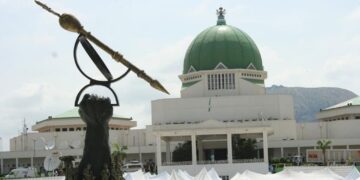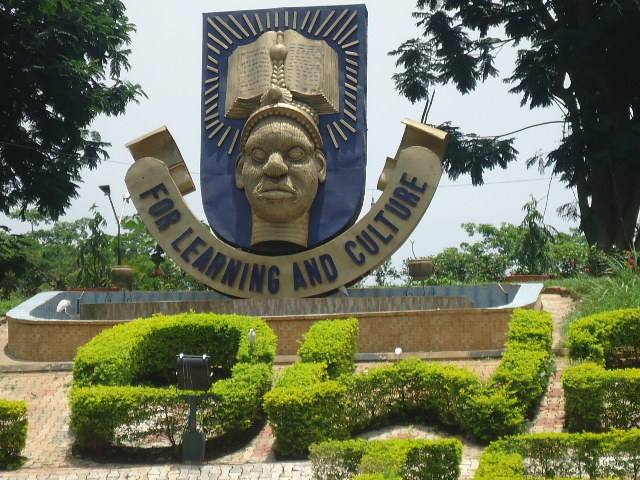[ad_1]
The Christian Association of Nigeria (CAN) has lamented that some politicians with no coherent ideology and development agenda are now engaging in do-or-die politics just to grab power.
The President of CAN, Archbishop Daniel Okoh who stated this at the Inclusive Security Dialogue of the Global Peace Foundation, noted that politics of corruption, intimidation, exclusion and violence are now necessary weapons of political victory in the country.
He said since independence, violence and electoral irregularities have become constant features of the process of electing the country’s leaders, while the number of deaths recorded in this process remains worrisome.
“Nigerian politicians seem to have become comfortable and even perfect in electoral fraud and sundry irregularities to the extent that it has become an indispensable part of our electoral process.
“Politics of corruption, intimidation, exclusion and violence are now necessary weapons of political victory. This ugly trend rubs the Nigerian voters of the chance to freely choose their leaders willingly and this has continued unchallenged.
“Even people with no coherent political ideology and development agenda of any kind also engage in do-or-die politics. The other issue is the lack of transparency in the electoral process and the ungodly alliance of the security agencies with the political class during the election. All these make the process tense, frightening and disenfranchising to the weak and feeble-minded.
“Tragically, Nigerian elections have never been about issues, nor has it been about addressing the many existential challenges threatening our unity and peaceful co-existence.
“Campaign speeches and political party manifestos are often laced with jargons, innuendos and promises that tend to hoodwink the voting population and create the impression that there will be a departure from the familiar rhetoric of deception after the election.
“The failure of successive administrations to address the pressing issues of hunger, inflation and insecurity facing ordinary Nigerians daily is a sad reminder that politics in Nigeria is not yet about the welfare of the ordinary citizen but about controlling the levers of power and the resources of the nation by a privileged few,” Archbishop Okoh said.
He said the necessity of free and fair elections can never be overemphasized bearing in mind that the opposite is better imagined than experienced.
“Electoral violence could lead to electing the wrong persons into political positions that they are not sufficiently prepared for and this will lead to further economic crises and underdevelopment.
“Electoral violence leads to the death of many people, particularly the youth who are the bedrock of tomorrow’s nation-building. The pain of the loss of many future leaders and breadwinners of their families in previous elections is still being felt in many families today.
“Violent elections scare away many people who would have loved to participate in politics and offer their expertise in rebuilding our nation. Electoral apathy which is considered high in Nigeria today is a product of electoral violence,” the CAN President added.
The Sultan of Sokoto Muhammadu Sa’ad Abubakar who was represented by Uztaz (Dr.) Hussain Zakariyya said religious leaders are the most important, most influential block in every society, especially in Nigeria, because Nigeria is by nature and space, very religious people.
He said “every Muslim and Christian is proud to be what he is and what he believes. And not only that, he is willing to protect that life with all that he has life, his belongings and everything he owns.
“Therefore, unless and until religious leaders are involved directly in the peace-building process to bring about peaceful coexistence of Nigerians, there will be no peace. Nobody actually has the power and the influence like just religious leaders.”
The President of Vision Africa, Bishop Dr Sunday Onuoha said as the 2023 Nigerian elections approach, youth participation in conflict prevention and peace-building should be on the front burner because Extremist and dissident groups often look to raise fresh recruits among young people living in desperate conditions or within fractured societies.
“We must acknowledge that the time has come for the elite and the political class to hear the cry of the poor and the marginalized. If the political elite and the wealthy class continue to ignore the pain of the larger society, I am worried that very soon the poor will be pushed to revolt”, he stated.
ALSO READ FROM NIGERIAN TRIBUNE
[ad_2]







